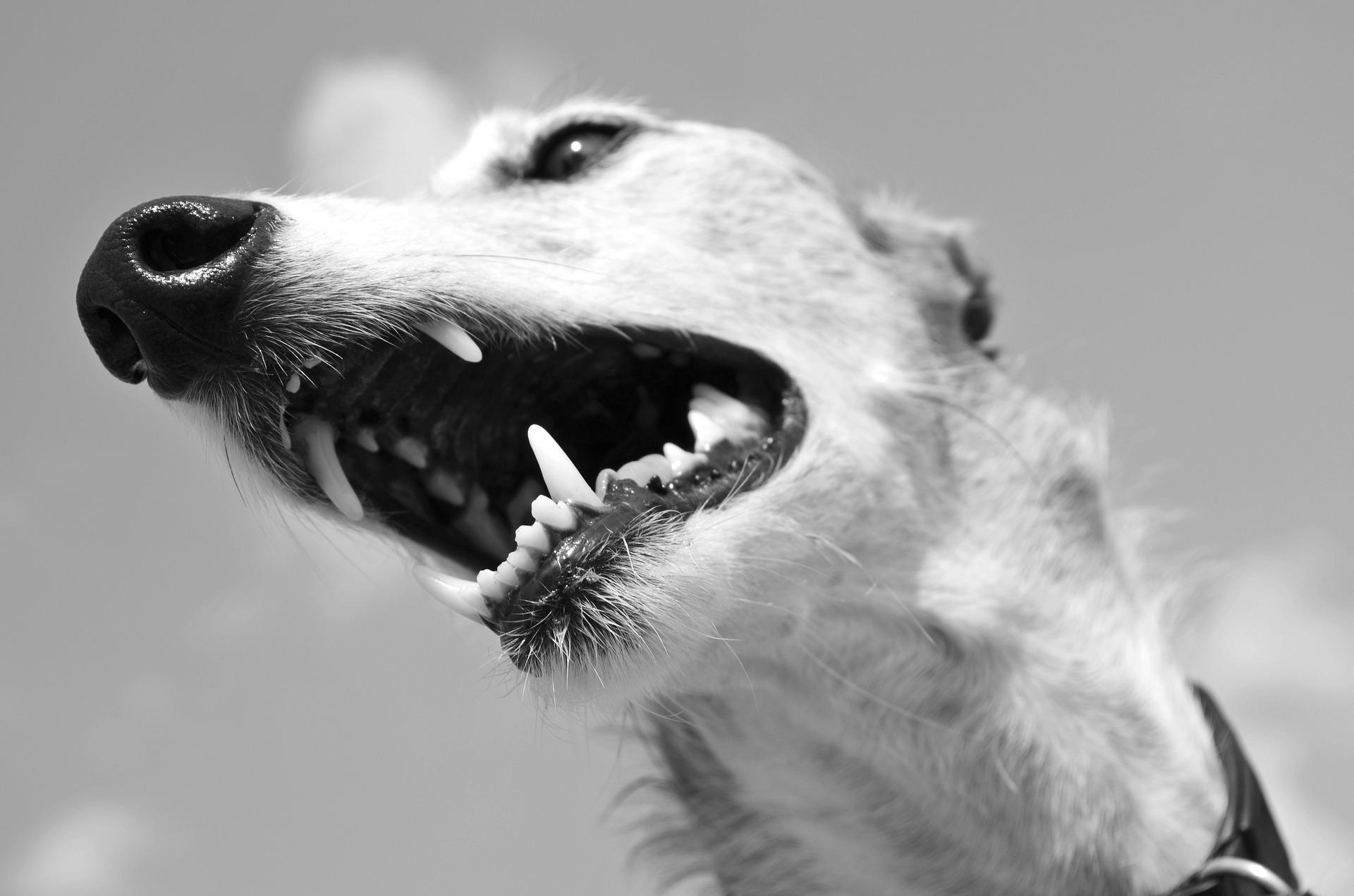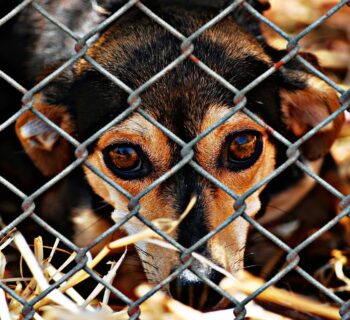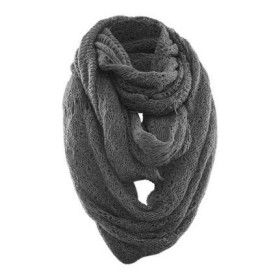 Finding a vet who treats guinea pigs can be a bit of a challenge, but if you have pet guinea pigs, it must be done. Like dogs and cats, guinea pigs also need to see a vet. You want their vet to be thorough during annual exams, skilled at surgeries on small animals, and aware of drugs that can and cannot be used in guinea pig medicine. It is important that you find a vet for your pet guinea pigs before a problem arises. Look into several nearby animal hospitals, consult fellow guinea pig owners and guinea pig rescues, and ask vets who they would recommend. The difference between a vet that only sees guinea pigs three times a year and a cavy savvy vet could cost your guinea pig its life.
Finding a vet who treats guinea pigs can be a bit of a challenge, but if you have pet guinea pigs, it must be done. Like dogs and cats, guinea pigs also need to see a vet. You want their vet to be thorough during annual exams, skilled at surgeries on small animals, and aware of drugs that can and cannot be used in guinea pig medicine. It is important that you find a vet for your pet guinea pigs before a problem arises. Look into several nearby animal hospitals, consult fellow guinea pig owners and guinea pig rescues, and ask vets who they would recommend. The difference between a vet that only sees guinea pigs three times a year and a cavy savvy vet could cost your guinea pig its life.
Guinea Pigs are Exotics
As odd as it sounds, guinea pigs are considered exotics. So you'll want to be searching for a vet that sees exotic animals. However, even if their listing in the yellow pages says that they treat exotics, guinea pigs might not be included. Some vets specialize more in birds and reptiles, while others specialize in more exotic animals. The term exotics covers a whole lot of species, so the veterinarian can't be expected to be an expert in them all. Basically, an exotic pet is anything other than a dog, cat, or farm animal.
Vets That "See Guinea Pigs" vs. Cavy Savvy Vets
A lot of vets will claim to see guinea pigs when you call. Yet when you go in, you'll realize that what they really meant was that they see guinea pigs when they are so drunk they're hallucinating. A cavy savvy vet will know that penicillin and cephalexin cannot be given to a guinea pig, while a vet that allegedly sees guinea pigs might inadvertently kill your guinea pig with amoxicillin while they think they're correctly treating it. A cavy savvy vet should have performed quite a few surgeries on guinea pigs so you'll have a chance at your guinea pig's bladder stone being successfully removed. On the other hand, a vet that claims to see guinea pigs probably won't even locate your guinea pig's bladder stone in time to surgically remove it. To make sure you really found a cavy savvy vet rather than just a vet that sees guinea pigs, ask them some questions. Ask how many guinea pigs they see in a week, a month, or a year. While numbers aren't everything, generally a vet who sees several guinea pigs must have this following for a reason. See how many surgeries the vet has done on guinea pigs and ask what type of surgeries they've done. Ask what types of antibiotics they frequently use with guinea pigs. They should give you an answer including at least one of the following: baytril (Enrofloxacin), bactrim (Septra), and doxycycline (Vibramycin). If you hear them answer back with anything ending in "-cillin", run out the door and don't turn back. See what references they have on hand and if any include guinea pigs. Ask them if they've studied guinea pigs specifically at any point in their studies. You'd be surprised, some vets have actually done extensive work with performing surgeries on guinea pigs in vet school. If they learned about guinea pig medicine after they graduated, see who their mentor was and find out if their mentor is a highly respected cavy savvy vet. Don't be afraid to ask questions. You might have to schedule an exam to get some time with the vet, but it's worth it to ask and most vets won't mind talking about themselves a bit.
Finding a Vet Who is Willing to Learn
Sometimes it just isn't possible to find a vet in your area with vast experience in guinea pig medicine. Other times, you'll find a vet who thinks they know everything so they aren't open to any suggestions or new treatments. Even if the only vet in your area isn't experienced with guinea pigs, you shouldn't completely lose hope of being able to keep these wonderful creatures as pets. If the vet doesn't know which medications are safe for guinea pigs, you can find this information online and print it out for them. If your vet hasn't performed many surgeries on guinea pigs, they can call other vets to ask for help. You have access to more information on guinea pig medicine than you think. You can buy manuals to read up on guinea pig diseases yourself if need be. If you do your part to actively research guinea pig medicine, you can help your vet become a cavy savvy vet.
Get a Recommendation
If there are many vets in your area, you aren't going to want to pay an exam fee to talk to each one. If there is a guinea pig rescue organization near you, that would be an excellent place to ask for a recommendation. If no such organization exists in your area, see if you can find other guinea pig owners in your area online. Ask other guinea pig owners who they see. Many guinea pig owners are happy to tell you about their great vet and everything she's done for them. If your dog and cat vet admits that he doesn't treat guinea pigs, see who he refers guinea pig owners to. Often vets that know their limitations can provide excellent recommendations. Despite the fact that they aren't cavy savvy vets, they may still know who is in the area.
Find a Backup Vet
After you've found the vet you want to go to, you need to decide who your backup will be. Vets go on vacation, are out sick, or are otherwise unavailable at times. If your guinea pig has a problem on a day when that vet isn't in, you need to have someone else you can go to. Make sure you have their number handy as well. It's also a good idea to find an emergency clinic for after hours as well. For emergencies, unfortunately you'll probably have to significantly lower your standards. Finding a good vet at two in the morning is pretty difficult. Ask your cavy savvy vet if they can recommend someone for you, or ask other guinea pig owners who have been to various emergency clinics in the area. You can't always depend solely on one vet.
Finding a vet shouldn't be an extremely daunting task, but at the same time, it should not be taken lightly. You are in part placing your pet's life in the vet's hands. While you should always actively be interested in your pets health and be sure that proper treatments are being used, it greatly helps ease your mind to have a cavy savvy vet available. Make sure to find a cavy savvy vet before a medical concern arises so that you don't have to rush this important decision. Don't be afraid to ask questions and don't be afraid to ask other guinea pig owners for help. You are responsible for these wonderful creatures and part of that responsibility is ensuring that they have a vet to go to should they become ill.








